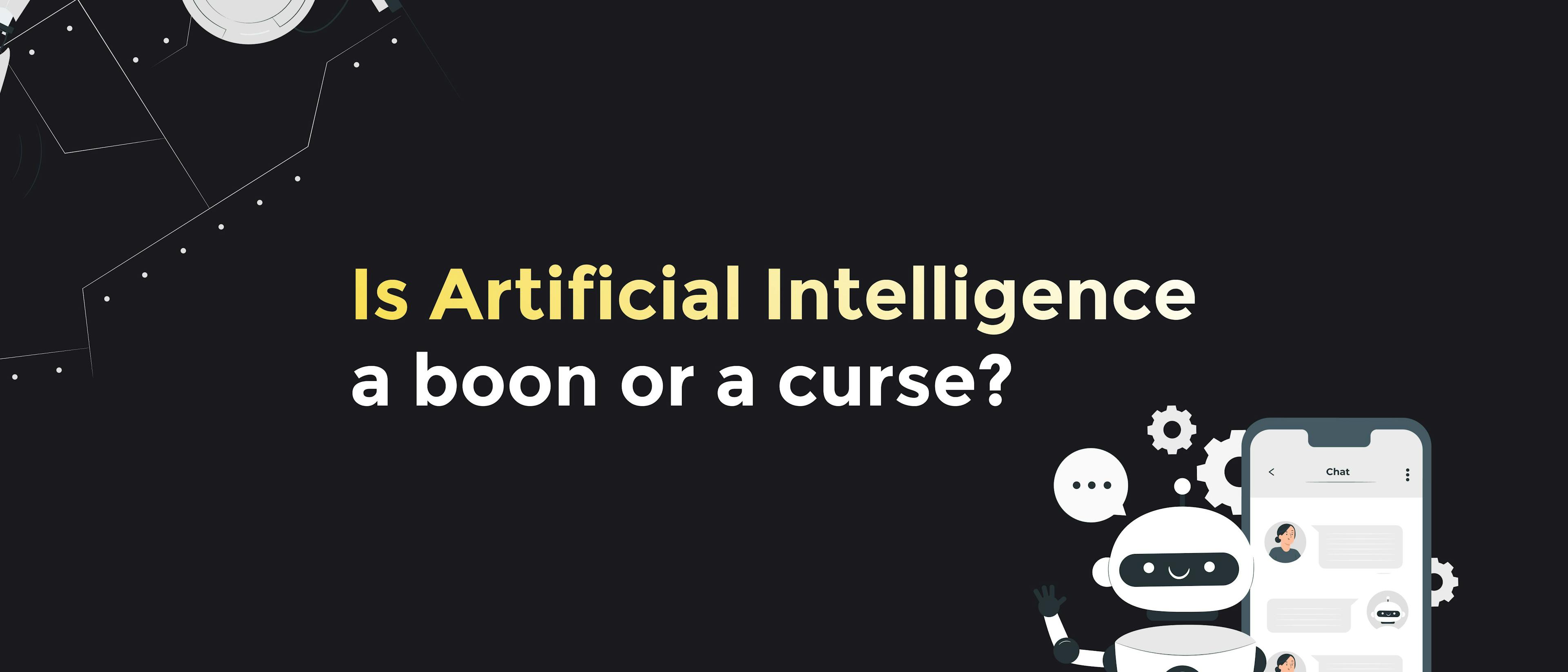1,799 reads
Is Artificial Intelligence a Boon Or a Curse?
by
April 19th, 2022
Audio Presented by

I'm a freelance Digital Marketer. My forte includes SEO, SMM, SEM, Copywriting, and Content Writing.
About Author
I'm a freelance Digital Marketer. My forte includes SEO, SMM, SEM, Copywriting, and Content Writing.
